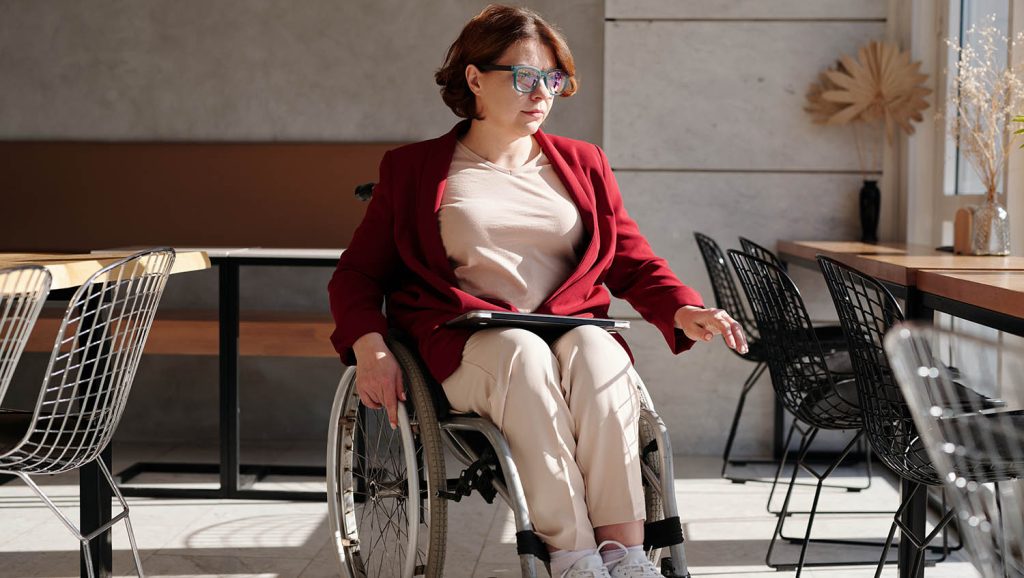When it comes to filing for Social Security Disability Insurance (SSDI) or Supplemental Security Income (SSI), there are strict rules that Social Security Administration is bound by for those seeking approval for benefits.
Because of this, and because many people are either not familiar with how complicated and thorough the process is, or they lack the means to do the work necessary to put them in a position for approval, about 70% of all initial applications are denied upon submission.
That’s an eye-opening number and it can be discouraging if you are among the majority who are rejected on a first pass through the system. If you are denied, it can add months, and sometimes years, to your approval process. To avoid this mess, the best thing you can do is to do the best job possible when you file an initial application for benefits.
Here are some tips that will help you do just that:
Make sure you apply for the right program. SSDI pays benefits to people who have paid into Social Security through payroll deductions. They must also have a disability that is expected to last at least 12 months or until they pass away. SSI helps low-income people who do not qualify for SSDI. It is generally for people who are 65 or older or for students who have not yet entered the workforce.
Before you file, do your homework. Social Security has a number of resources you can access that will help walk you through the disability application process. You can get a Disability Starter Kit by going online here and downloading a copy that will help you start your claim process. Social Security also offers a series of YouTube videos that will walk applicants through disability claims, including an introduction to the process, filing a disability claim, medical evidence, quality review, appeals, the Appeals Council and the end of a claim.
Don’t file too early or too late for benefits. If you apply too soon, you could have a difficult time proving your disability qualifies for benefits. If you apply too late, you could exhaust all of your personal financial resources before you ever see any benefits.
Make sure you provide sufficient medical evidence to support your claim. Social Security wants copious records from your doctor(s), specialists, hospitals and any other medical providers who have treated you since the onset of your disability. Gathering records is a time consuming process, but getting rejected can be devastating, especially if you know you qualify but have not done the preparation work. When in doubt, always include supporting information as part of your claim.
Make sure your medical records are consistent. Disability Determination Services may send you to a consultative examiner as part of your claim. It’s critical that what you tell the examiner is consistent with what is in your application, otherwise you’ll raise a red flag and probably be denied.
Make sure you meet non-medical requirements. If you earn about a threshold amount or you don’t have enough work credits for SSDI, you will receive a technical denial before your medical records can even be considered.
Don’t file a claim while you’re still working. The whole idea is to financially assist you because you are too disabled to work. But if you are still working and earning above the threshold amount, Social Security will pretty much always deny your claim.
If you change addresses, tell Social Security. They can’t follow up with you if they can’t find you. And guess what? That will lead to a denial 100% of the time.
Hire an attorney to help you process your claim. This may be the best advice of all. An attorney will be familiar with Social Security processes and systems, as well as what forms to fill out, how to fill them out, and what kinds of deadlines you need to be aware of from the outset. People who retain attorneys stand a much better chance of gaining approval for an application than those who do not. The key here is to also hire an attorney who specializes in helping people file disability claims. Look for an attorney with a great track record and many years of experience if you decide to go this route.
If you are denied, don’t give up. Social Security offers many avenues for appeals of denials. While this will lengthen the amount of time it takes to get benefits, if you pay attention to what caused your denial in the first place, and you are able to correct that deficiency, you greatly improve your chances of getting the benefits you so richly deserve.




